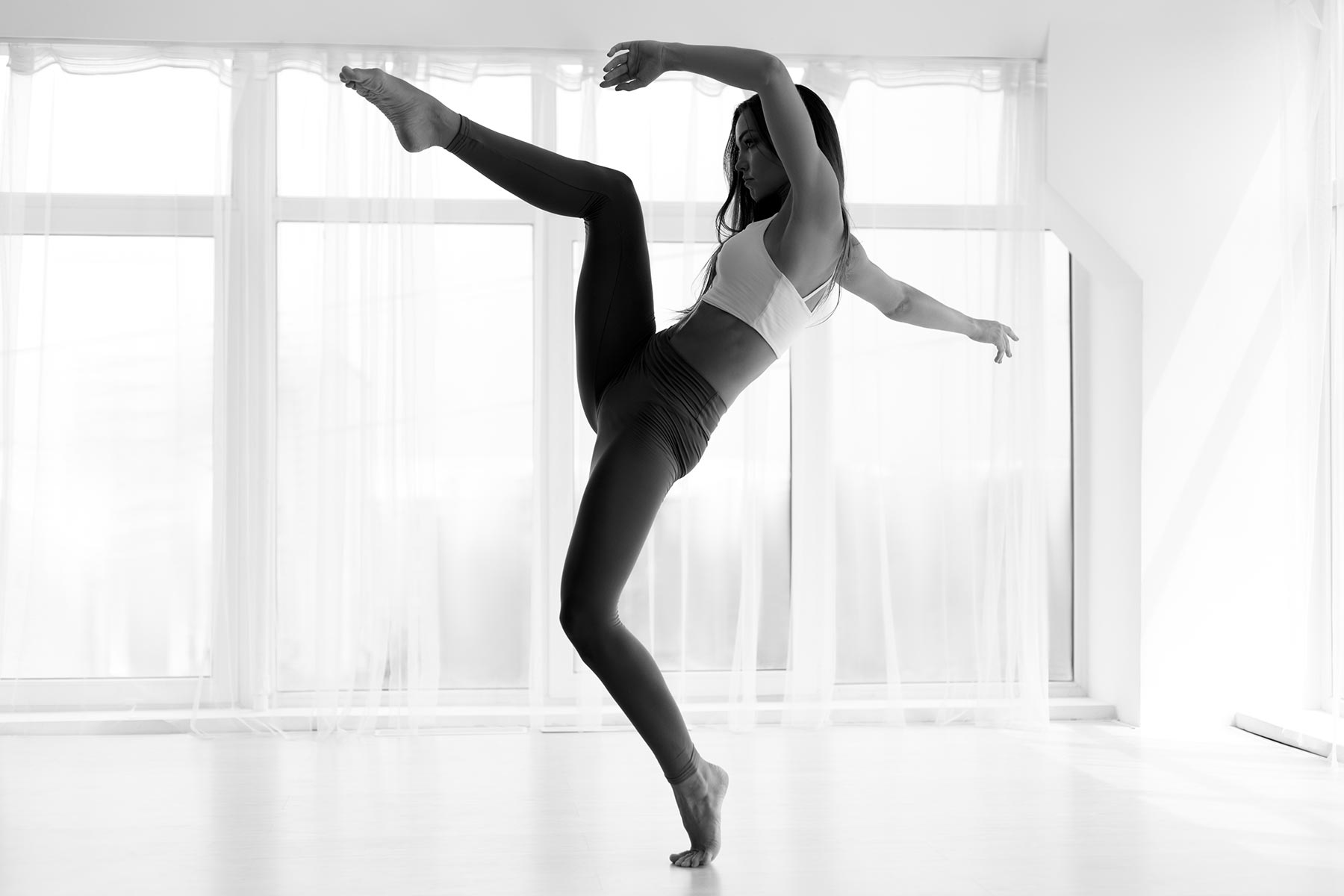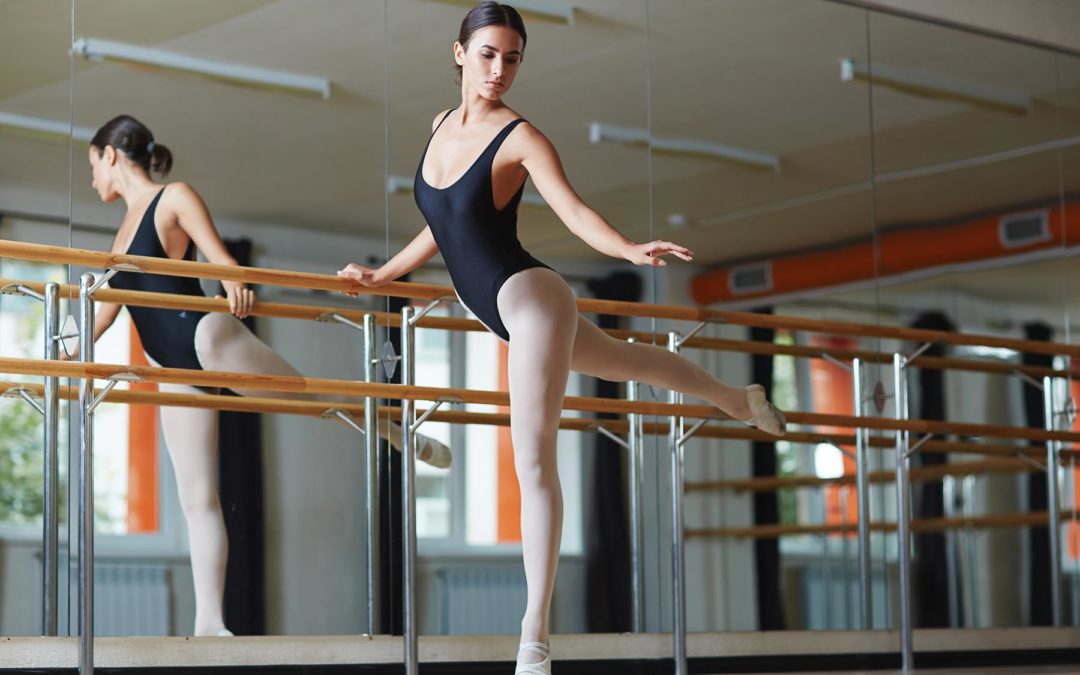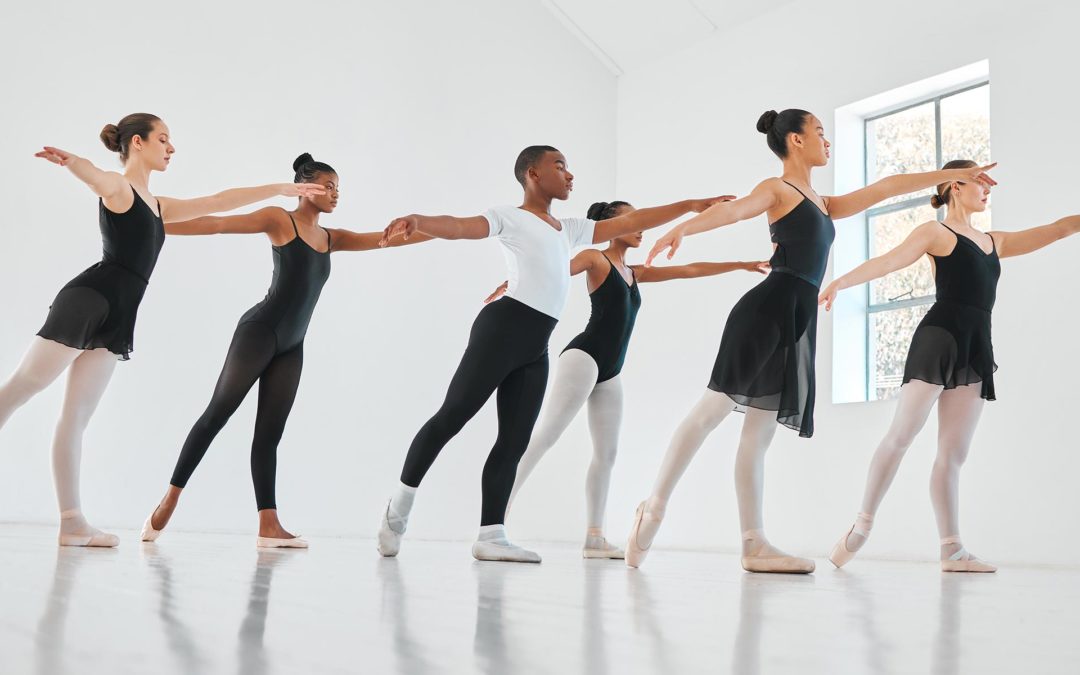Introduction:
Nutrition and wellness play a crucial role in a dancer’s overall health and performance. A balanced diet, proper hydration, and attention to overall well-being are vital for maintaining the energy, strength, and stamina required for a successful dance career. In this blog post, we’ll provide essential tips for dancers on nutrition and wellness, empowering you to achieve peak performance and support a thriving, healthy dance lifestyle.
The Importance of Nutrition for Dancers Proper nutrition is critical for dancers because it:
- Fuels performance: A balanced diet provides the necessary energy and nutrients to sustain the demands of dance training and performance.
- Supports muscle recovery: Adequate nutrition aids in muscle recovery and repair, minimizing the risk of injury.
- Enhances focus and concentration: A well-nourished brain can better focus and concentrate during rehearsals and performances.
- Promotes overall health and well-being: Good nutrition supports the immune system, hormone balance, and bone health, contributing to a dancer’s overall health and career longevity.
Tips for Maintaining a Balanced Diet To maintain a balanced diet, dancers should:
- Prioritize whole foods: Consume a variety of whole, minimally processed foods, including fruits, vegetables, whole grains, lean proteins, and healthy fats.
- Balance macronutrients: Ensure an appropriate balance of carbohydrates, proteins, and fats to support energy levels and muscle recovery.
- Stay mindful of portion sizes: Practice mindful eating and consume appropriate portion sizes to maintain a healthy weight and body composition.
- Hydrate properly: Drink enough water throughout the day, particularly during rehearsals and performances, to prevent dehydration and support overall health.
- Monitor micronutrient intake: Pay attention to essential vitamins and minerals, such as calcium, iron, and vitamin D, which are vital for bone health and overall well-being.
Staying Hydrated for Peak Performance Proper hydration is essential for dancers. To stay adequately hydrated:
- Monitor fluid intake: Aim to consume at least 8-10 cups of water per day, with additional fluids during training and performance.
- Recognize signs of dehydration: Watch for symptoms such as fatigue, dizziness, dark urine, or dry mouth, which may indicate dehydration.
- Opt for water over sugary drinks: Choose water over sugary beverages like soda or sports drinks, which can contribute to weight gain and energy crashes.
- Incorporate hydrating foods: Consume fruits and vegetables with high water content, such as cucumbers, watermelon, and oranges, to help maintain hydration.
Optimizing Overall Health for Dancers In addition to proper nutrition and hydration, dancers should focus on overall wellness, including:
- Prioritize sleep: Aim for 7-9 hours of quality sleep each night to support recovery, cognitive function, and overall health.
- Manage stress: Engage in stress-reduction techniques such as meditation, deep breathing, or yoga to promote mental well-being and resilience.
- Cross-train: Incorporate non-dance activities like swimming, Pilates, or weight training to strengthen muscles, improve flexibility, and reduce the risk of injury.
- Listen to your body: Pay attention to your body’s signals and rest when needed, seeking medical attention for any persistent pain or concerns.
Conclusion:
Nutrition and wellness are integral to a dancer’s overall health and performance. By maintaining a balanced diet, staying hydrated, and prioritizing overall well-being, dancers can optimize their energy levels, reduce the risk of injury, and support a long and successful career. Embrace a holistic approach to health and wellness, and enjoy the benefits of improved performance, increased resilience, and a thriving dance lifestyle.






